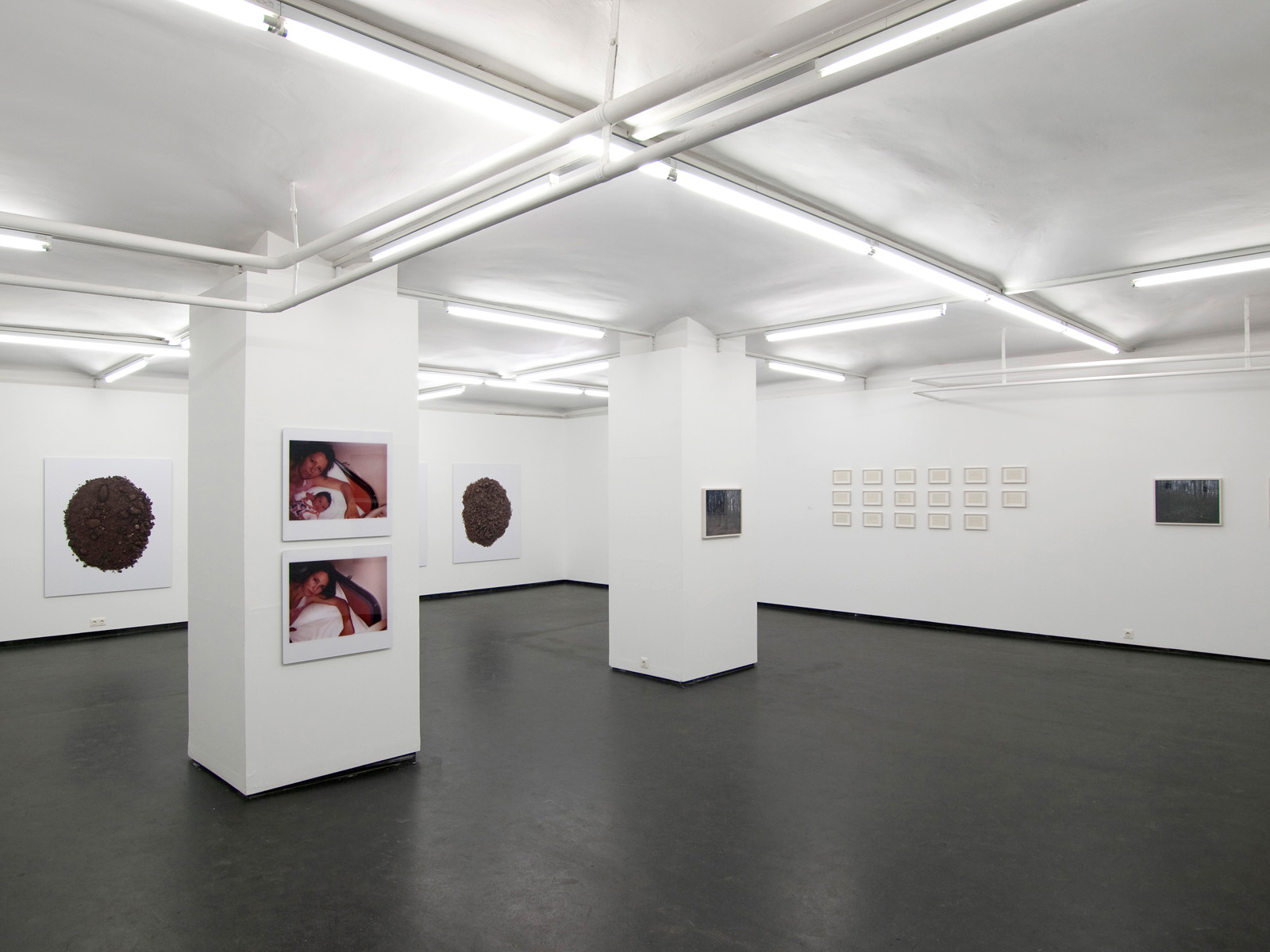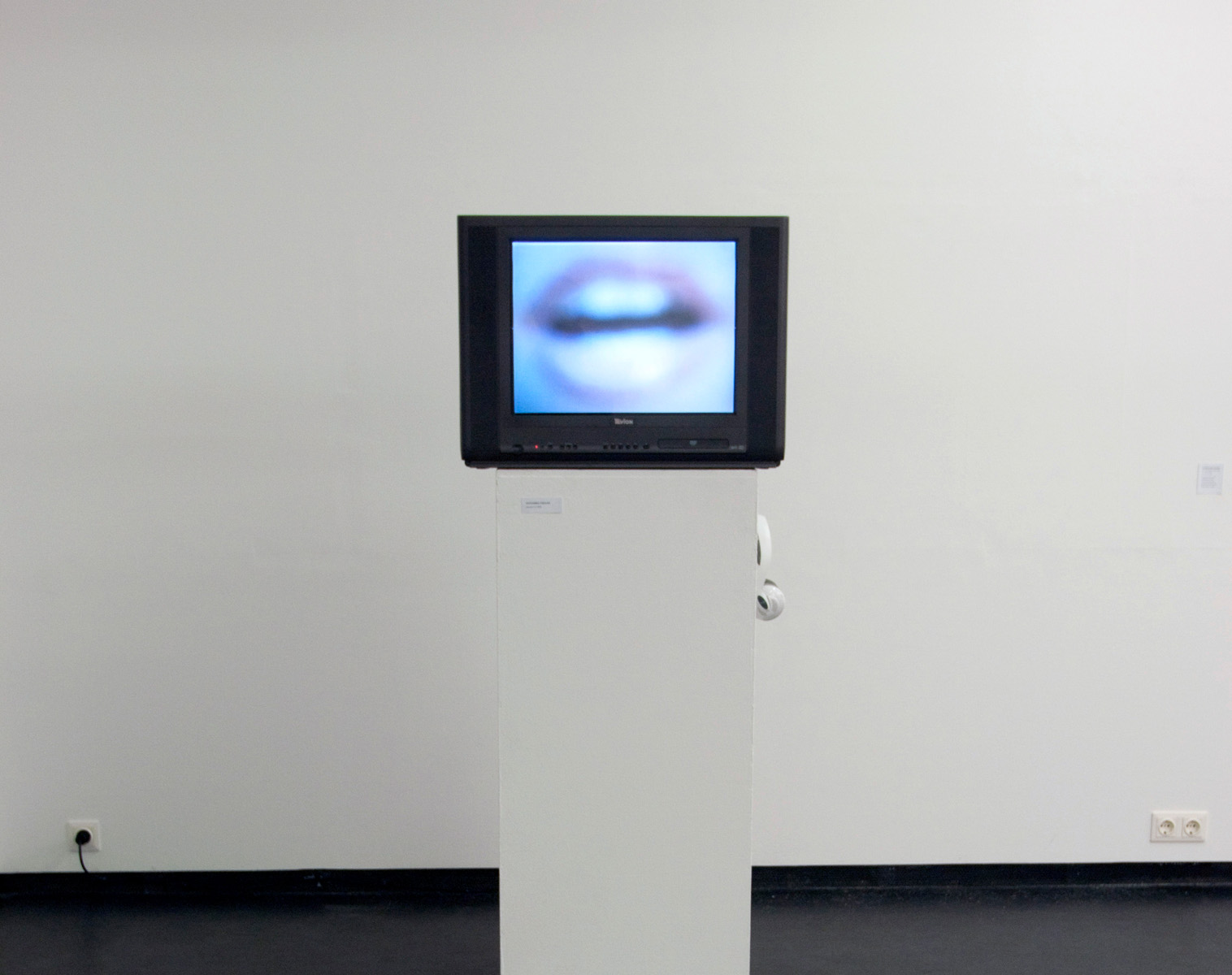“What constitutes identity today?” is one of the questions posed by the curatorial team at Fotogalerie Wien in the context of the annual Theme of Focus for 2010. The three-part exhibition series focuses on the issues of identity at present, in its multi-faceted and processual form. It includes presenting artistic positions who mirror the inconclusive and, more particularly, the ambiguous aspects of identity of today’s late modernist subject: The artists visualize how the interwoven formation of personal and collective identities paradoxically oscillate between internal and external determinations of the self.
(textual support: Claudia Marion Stemberger)
-
4. May 2010 — 2. June 2010
The initial exhibition in this series, IDENTITY I - BIOGRAPHY, reflects upon the relationship of biography and identity, as the “ongoing process of day-to- day identity negotiation”. How does one deal with biographical self- awareness in today’s society? The selected artworks demonstrate how, for any phase of life and developmental task at hand, there exist various contradictory and divergent identity fragments that dominate in any given biography, which must be synthesized through the interplay of demands coming from within and without. [...] -
31. August 2010 — 29. September 2010
The topic of the second exhibition, Identity II – FORMING IDENTITY, questions ambivalent models of interpreting the formation of identity, that, depending on the context, diverge between identification and ideologization: According to Jan Assmann, collective identity is only “as strong or as weak as it is alive in the thoughts and actions of the group members. [...] -
14. December 2010 — 31. January 2011
For the final show in this series, IDENTITY III – POSITIONING, the curatorial collective at Fotogalerie Wien has invited artists who deal critically with the positioning of the subject in late modernism. While in early modernism, collective identities provided a secure framework, one in which individual identities also had their place, formerly stabilizing factors (such as class, nation, ethnicity, culture, religion or gender) are subject to tendencies that dissolve such categories in late modernism. [...]


